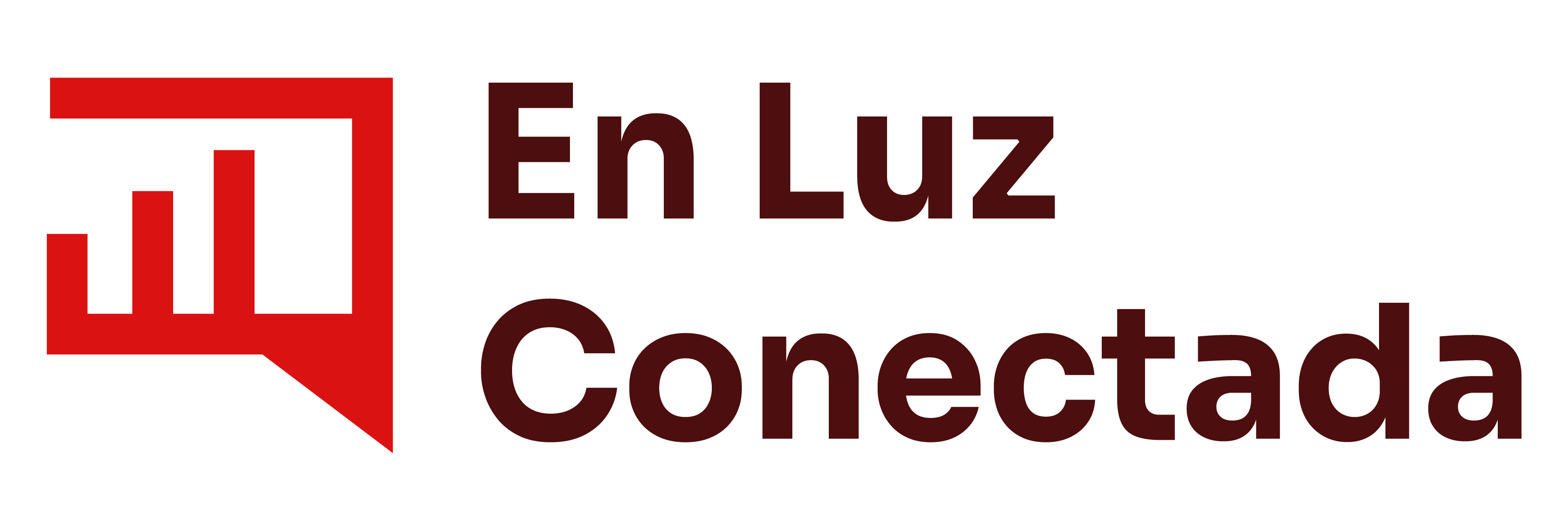Ever thought about whether term life insurance is better than permanent life insurance for your family? Knowing the difference between term and permanent life insurance is key. It affects your financial security and peace of mind for years to come.
Each type has its own benefits, based on your budget, coverage needs, and financial goals. When deciding between term and permanent life insurance, it’s important to weigh the pros and cons. This helps you choose the best option for your financial future.
Understanding Life Insurance Basics
Life insurance is a key financial tool that acts as a safety net for families. It pays out when the policyholder dies, bringing peace of mind. It covers income, debts, and education costs for dependants.
The role of life insurance in planning finances is huge. It helps families keep their lifestyle going, even after a tragedy. It ensures the family’s future is secure, giving peace of mind.
Knowing what life insurance is helps people make better choices. It’s not just about money; it’s about emotional support for the family. Having a good insurance policy is vital for family stability and security.
The Differences Between Term and Permanent Life Insurance
It’s important to know the differences between term and permanent life insurance. Term life insurance covers you for a set time, like 10 to 30 years. It’s often cheaper because it’s only for a short time. The main goal is to give a death benefit if you pass away during that time.
Permanent life insurance, on the other hand, lasts your whole life. It includes types like whole life and universal life. It also has a cash value part that grows over time. This can be a financial help. But, it costs more because it covers you forever and can grow your money.
When you look at term vs permanent insurance, think about cost, flexibility, and your financial goals. Term life is good for short-term financial protection. Permanent life is for long-term financial planning. Knowing these differences helps you choose the best life insurance for you.
Advantages of Term Life Insurance
Term life insurance is known for being affordable and easy to understand. It has low premiums, making it great for young families or those with short-term financial needs. This way, they can get the protection they need without spending too much.
It’s also simple to get. The terms are clear and easy to grasp, unlike some other types of insurance. This makes it a popular choice for many. It’s flexible, allowing you to switch to permanent coverage if your financial situation changes.
Advantages of Permanent Life Insurance
Permanent life insurance has many benefits that set it apart from term life insurance. It provides lifelong coverage, giving families peace of mind. This means that no matter when the policyholder dies, their loved ones will get a death benefit.
Another great feature is the cash value it builds over time. Policyholders can use this money for different financial needs during their lives. The cash value grows without being taxed, making it even more beneficial.
It’s also a key part of estate planning. Its stability helps secure a financial legacy. With tax benefits, it’s a smart way to pass on wealth to heirs, fitting well into long-term financial plans.
Making the Right Choice for Your Needs
When looking at term versus permanent life insurance, it’s important to think about your financial goals and budget. Each option has its own benefits and drawbacks. For example, term life insurance is often cheaper and good for short-term needs. On the other hand, permanent life insurance provides coverage for life and can grow in value.
It’s key to consider your personal situation and future plans. Things like dependents, debts, and future financial needs are important. By looking at the pros and cons, you can choose a policy that fits your financial strategy.
Talking to a licensed insurance professional can help too. They can explain policy details and give advice based on your financial situation. With careful thought and expert advice, you can pick the best policy for your family and future.





